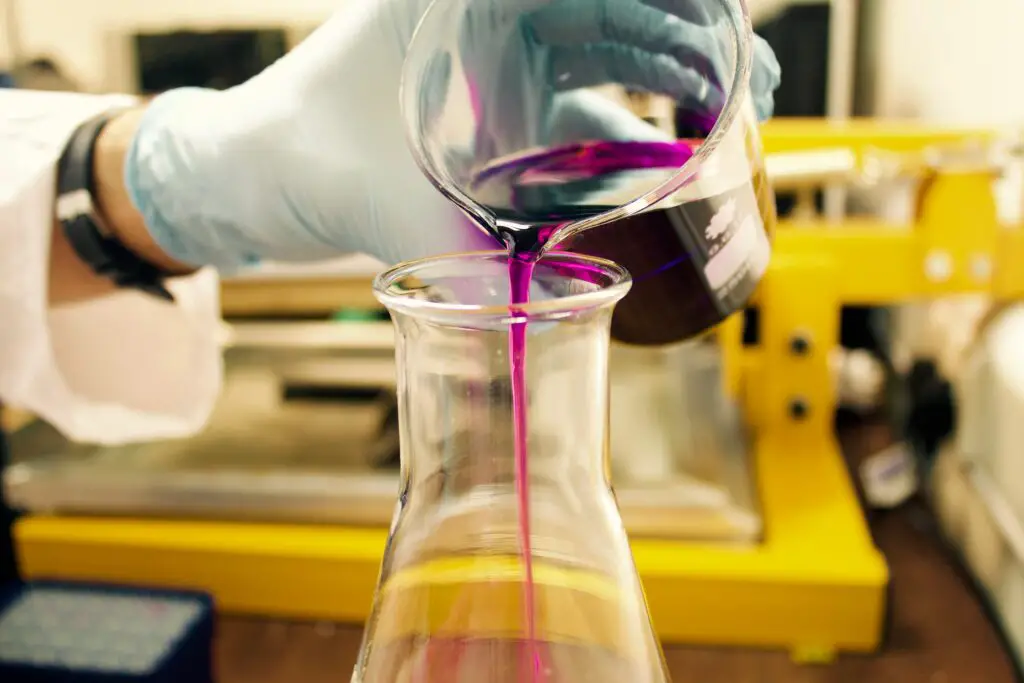The Icahn School of Medicine at Mount Sinai is a private medical school located in New York City, United States. It is affiliated with Mount Sinai Hospital and offers medical education, research, and patient care services. In this article, we will discuss the pros and cons of the Icahn School of Medicine at Mount Sinai.

Pros:
- Strong academic programs: The Icahn School of Medicine at Mount Sinai offers a rigorous and comprehensive medical education program. It is well-regarded in the medical field and is ranked among the top medical schools in the country.
- Research opportunities: The school has a strong research focus and offers numerous opportunities for students to engage in research activities. This can provide students with valuable experience and exposure to cutting-edge medical research.
- Clinical experience: Students at the Icahn School of Medicine at Mount Sinai have the opportunity to gain clinical experience through rotations at Mount Sinai Hospital, one of the largest teaching hospitals in the country. This provides students with real-world experience and exposure to a wide range of medical specialties.
- Location: The school is located in New York City, which is a major center for healthcare and medical research. This provides students with access to a vibrant healthcare community and a wealth of research opportunities.
- Diversity: The Icahn School of Medicine at Mount Sinai has a diverse student body and faculty, which creates a dynamic learning environment and promotes cross-cultural understanding.
- Networking opportunities: Students at the Icahn School of Medicine at Mount Sinai have the opportunity to network with prominent medical professionals, researchers, and alumni. This can help to build valuable professional connections and open doors for future career opportunities.
- Career opportunities: Graduates of the Icahn School of Medicine at Mount Sinai are highly sought after by employers in the medical field. The school has a strong reputation and a track record of producing successful graduates.
Cons:
- Cost: The cost of attending the Icahn School of Medicine at Mount Sinai is relatively high compared to other medical schools. This may be a barrier for some students who require financial assistance to attend.
- Intense workload: The academic programs at the Icahn School of Medicine at Mount Sinai are demanding and require a significant time commitment. This may be a challenge for students who are not prepared for the workload.
- Competitive admissions: Admissions to the Icahn School of Medicine at Mount Sinai are highly competitive, and the school only admits a small number of students each year. This may make it difficult for some students to gain admission to the school.
- Limited extracurricular activities: While the school does offer some extracurricular activities, such as student clubs and organizations, the emphasis is primarily on academics and research. This may be a drawback for students who are interested in pursuing non-academic interests.
- Heavy focus on research: The Icahn School of Medicine at Mount Sinai places a heavy emphasis on research, which may not be appealing to all students. Students who are more interested in clinical practice may find the school’s research focus to be a disadvantage.
- Limited opportunities for specialization: The school’s focus on general medical education may be a drawback for students who are interested in pursuing specialized medical fields.
- High-pressure environment: The academic programs at the Icahn School of Medicine at Mount Sinai are highly competitive, and students are expected to perform at a high level. This can create a high-pressure environment that may not be suitable for all students.
In conclusion, the Icahn School of Medicine at Mount Sinai offers a strong medical education program, research opportunities, clinical experience, and networking opportunities in a desirable location. However, it also has some drawbacks, including a high cost of attendance, intense workload, and competitive admissions.
